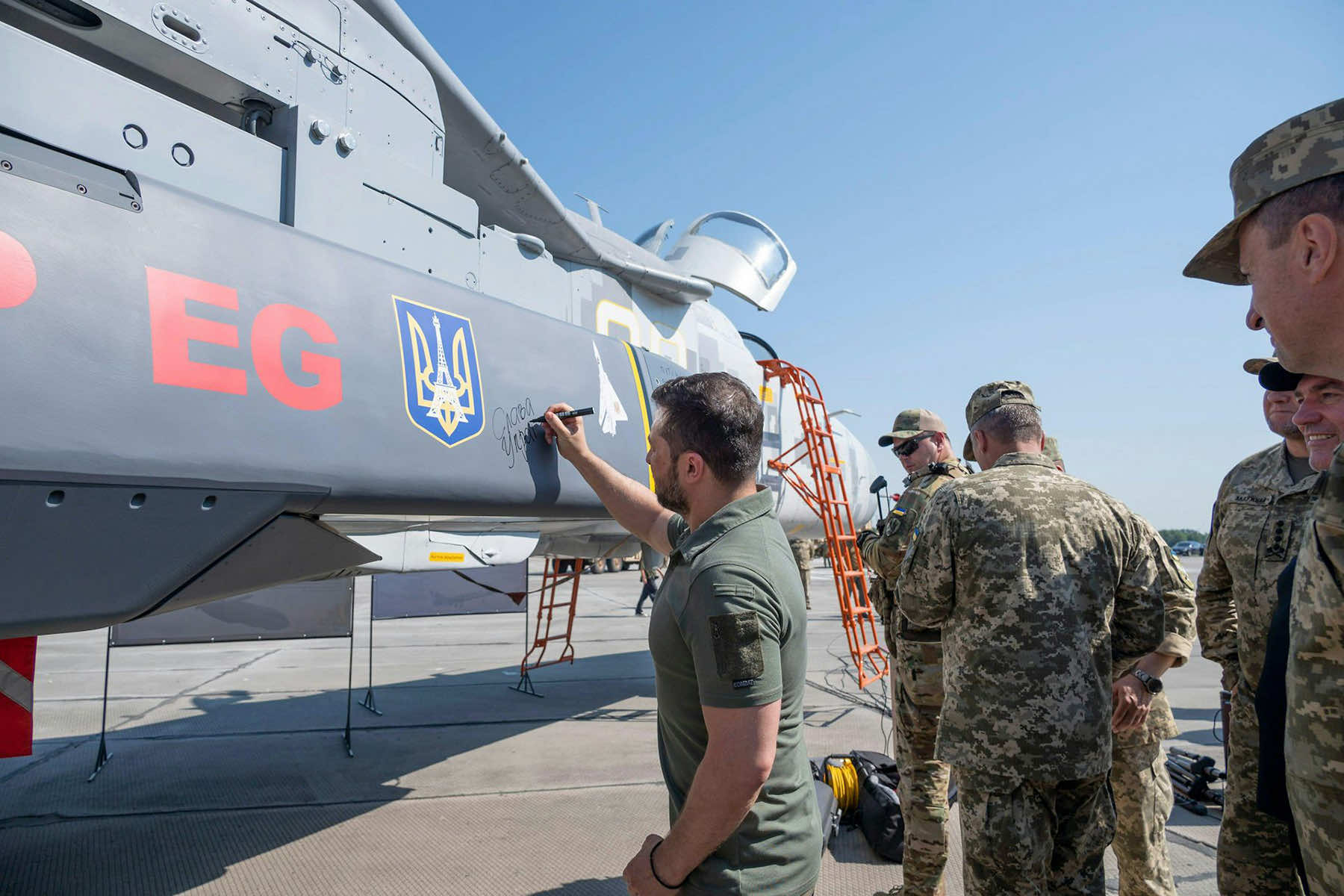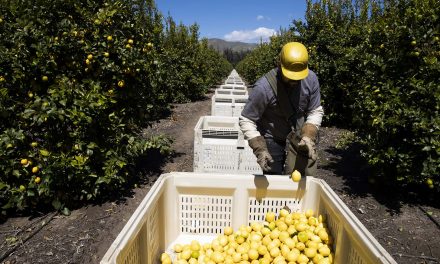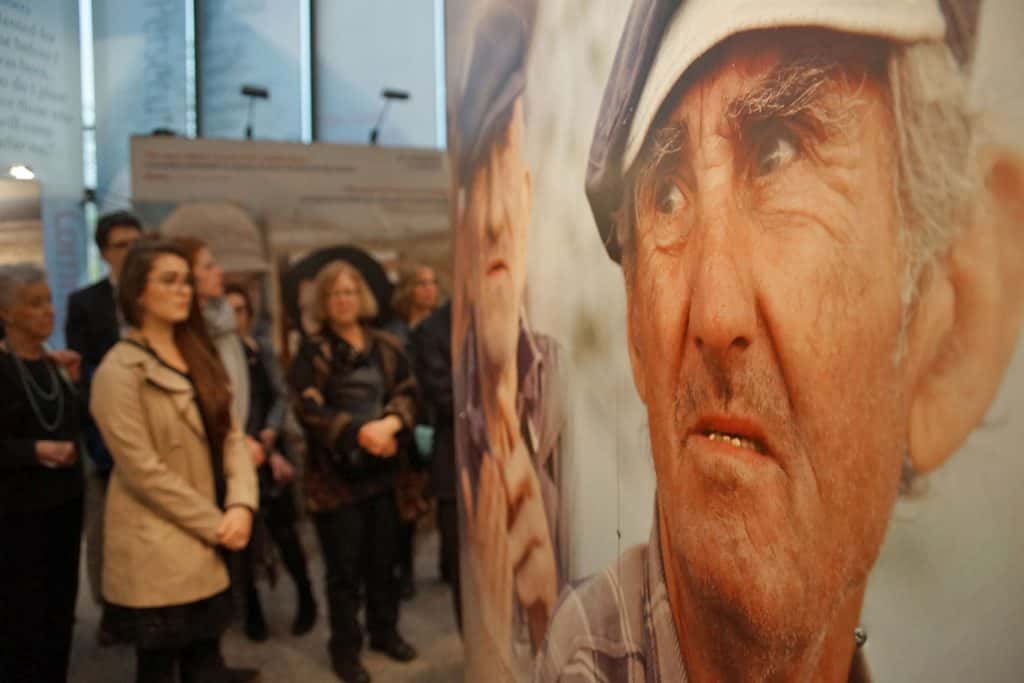
By Christoph Bluth, Professor of International Relations and Security, University of Bradford
Leaked communications involving high-level German government and military figures appear to confirm that British army personnel are engaged on the ground in Ukraine.
An unencrypted telephone call intercepted and leaked to Russian broadcaster RT suggested British troops were helping the defending forces in the use of Storm Shadow cruise missiles the UK has supplied to help Kyiv’s war effort.
In response, the UK prime minister, Rishi Sunak, confirmed that there are a “small number” of British army personnel “supporting the armed forces of Ukraine.” But he added that “we haven’t got any plans for large-scale deployment.”
There have also been unconfirmed reports that British special forces personnel were operating inside Ukraine shortly after the beginning of Russia’s invasion in the spring of 2022. Again, this has not been confirmed by the UK Ministry of Defense.
Russia has consistently maintained that any non-Ukrainian military personnel training troops to operate weapons systems in-country would be legitimate military targets for Russia – as would the factories producing those weapons systems in third-party countries.
The episode raises some important questions as to whether training Ukrainian troops on the battlefield comprises an act of war – and whether this means Britain risks being designated a co-combatant alongside Ukraine.
Konstantin Kosachev, the deputy speaker of Russia’s federation council, was reported by Russia’s state-run news agency Tass as saying that by supplying weapons to Ukraine, Nato countries were progressing along a path towards direct confrontation. Sending troops to Ukraine, he said, “can be interpreted as the alliance’s direct involvement in hostilities, or even as a declaration of war.”
What international law says
The day after Russia invaded Ukraine, as Kyiv’s allies scrambled to find a response, it was reported that the US government was reviewing the legality of providing arms to help with the country’s defense.
Within days, Russia’s president, Vladimir Putin, had declared that even imposing economic sanctions would be an “act of war.” His defense ministry released a statement that if third-party countries allowed Ukraine to use their bases as a safe haven for Ukrainian aircraft, then “subsequent use against the Russian armed forces can be regarded as the involvement of these states in an armed conflict.”
Since the Second World War, the laws of neutrality have been interpreted so that states can provide weapons and other support to a state unjustly attacked by a belligerent country, to enable it to defend itself. According to this definition, third-party countries would become co-combatants only if they resort to armed force against Russia.
Russia’s incursion into Ukraine has been ruled as a flagrant breach of Article 2(4) of the UN Charter, which prohibits the “use of force against the territorial integrity or political independence of any state.” Russia’s war in Ukraine has been denounced as an act of aggression by the UN General Assembly and the International Court of Justice.
Moreover, it is claimed that Russia has been implicated in breaches of international humanitarian law through its apparent indiscriminate bombing and other violent attacks, and crimes against civilians. This would mean that anyone supplying Russia – the belligerent in this conflict – with arms is in breach of international law.
But the question remains, if it is legal to supply Ukraine with weapons to help defend itself, would actually helping the Ukrainian military use them to hit Russian targets make the UK a co-combatant?
While the law is not settled, legal scholars believe supplying Ukraine with the means to defend itself against Russia does not in itself constitute a breach of international law – and nor does it make the UK a co-combatant. Any action by UK forces would only constitute a combat operation if these actions, carried out by UK personnel without any further action by Ukrainians, would launch a missile or any other kind of attack on Russian forces.
Risk of escalation
But there remains the question of escalation. Whatever the legal situation – and Russia has shown itself willing to ignore the rules of warfare by violating Ukraine’s territorial integrity since the incursions of 2014 and in the full-scale invasion in February 2022 – Putin and his senior ministers have regularly warned Kyiv’s Western allies that their aid may constitute an escalation to which it would respond with all available means, including nuclear weapons.
Accordingly, to prevent a direct confrontation with Russia, Nato countries have been wary about the kinds of weapons they will supply to Ukraine. The guiding principle has been that Western-supplied weapons should not be used in attacks against Russian territory.
But this may change. Germany has, up to now, been very reluctant to supply Ukraine with its Taurus missiles, which have a range of 500km and could be used against targets deep in Russian territory. However, recent reports suggest the German government is considering supplying these missiles to Ukraine.
The German chancellor, Olaf Scholz, was quick, though, to insist that “German soldiers must at no point and in no place be linked to targets this system reaches”, making it absolutely clear that Germany would not risk its involvement being interpreted as a direct act of escalation.
And despite the Kremlin’s repeated threats, it is not eager to engage NATO militarily. So, despite all the strong words being exchanged by both sides, there has been no sign that NATO and Russia will face each other on the battlefield in Ukraine – for the moment, at least.
Ukrainian President’s Press Office
Originally published on The Conversation under a Creative Commons license as British troops operating on the ground in Ukraine – what international law says
Support evidence-based journalism with a tax-deductible donation today, make a contribution to The Conversation.














